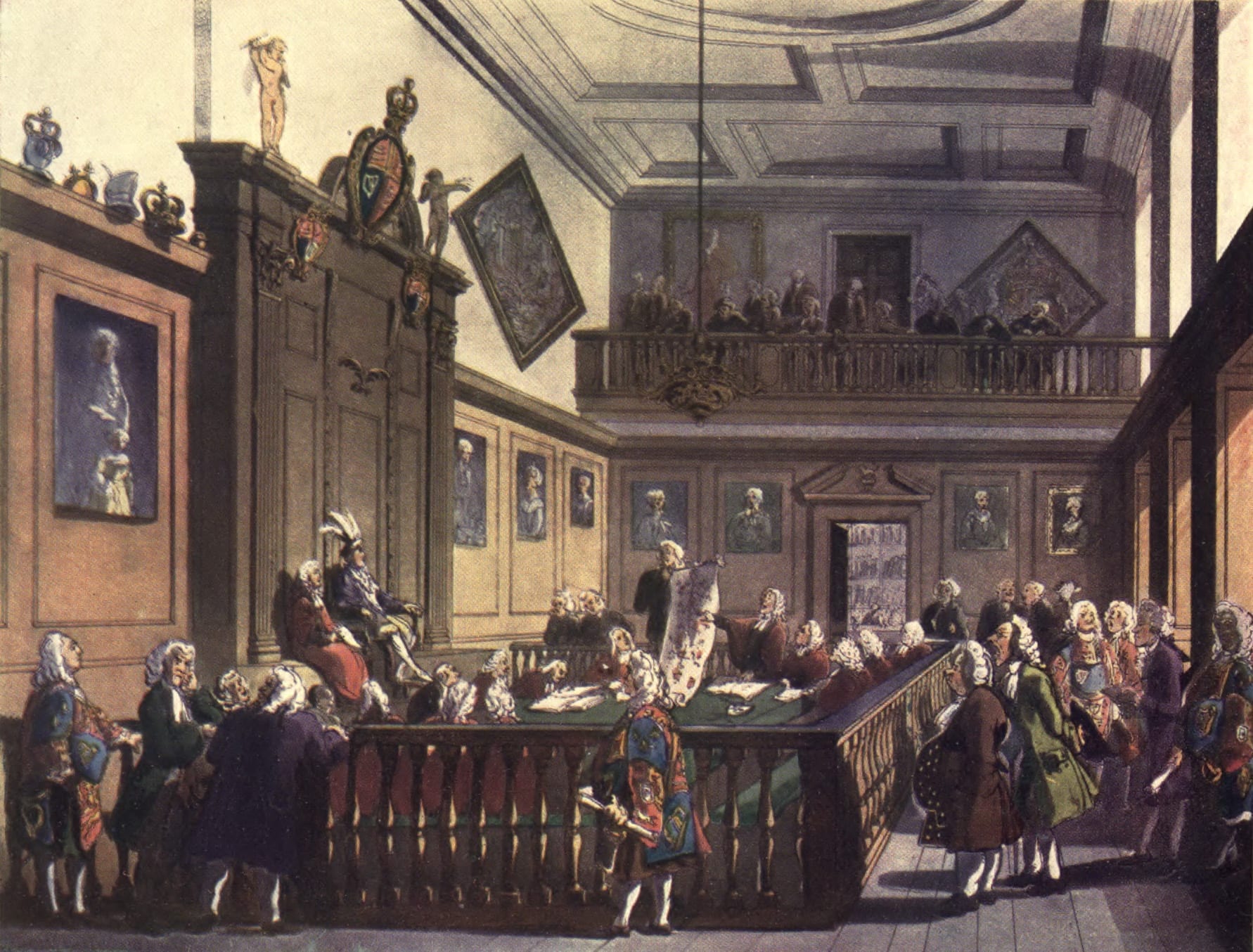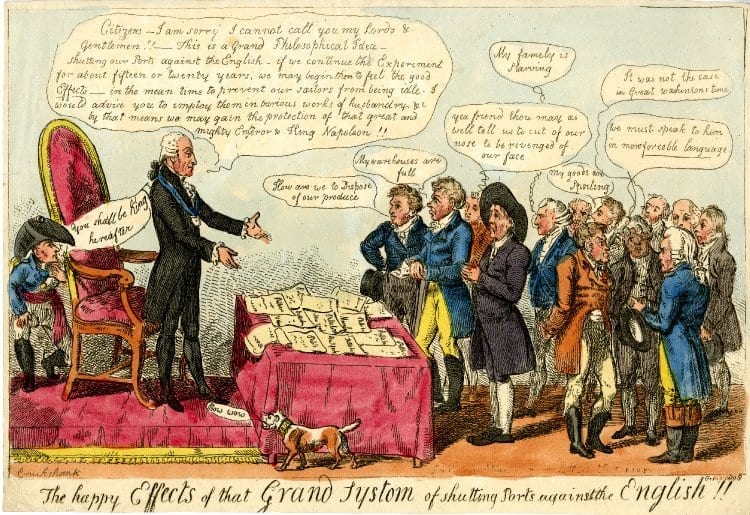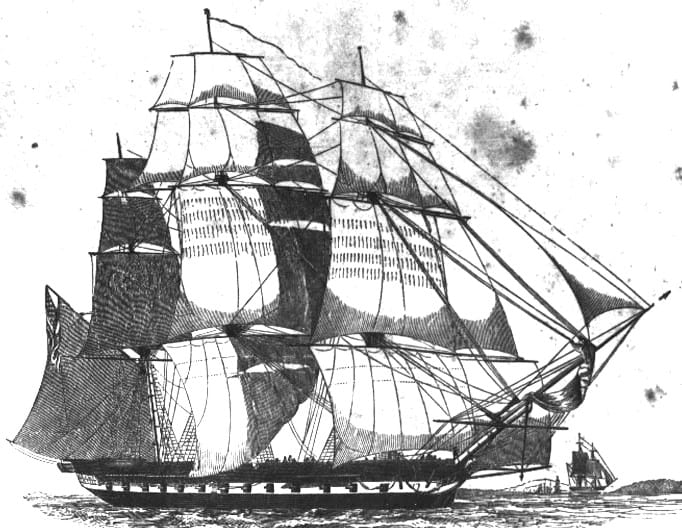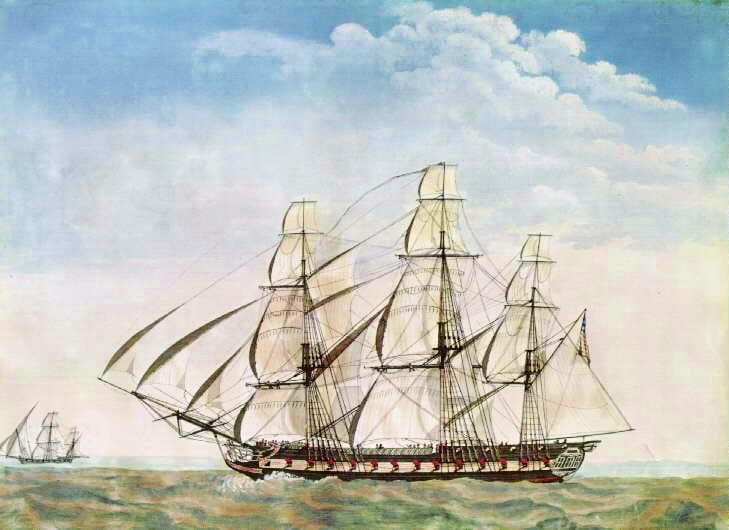The prints which, by their subserviency to the baleful oppression of Great Britain, have contributed so much to the disgrace of this nation, and encouraged, by their corruption, the insolence of the enemy, are now seeking to make a sett off by rumors from France, which, like their usual fabrications, are too clumsy and preposterous to merit regard.
It is the common practice with the English government, and with its emissaries and adherents every where, to endeavor to mitigate her injustice, by drawing comparisons with the injustice of France. To the wrongs of France we are as much opposed as to those of England; but it will not answer, to say that, because France does us an injury, that, therefore, England has a right to accumulate wrongs upon us. If the argument is good for any thing, it must cut both ways; and then if it be admitted, the incessant insolence, aggression, insult, and outrage of England, furnishes precedents which, if France were to follow, might, with equal propriety, be used by France to mitigate or palliate her injustice.
…Whenever the outrages of England are complained of, the cry of the British faction is, that there is “French influence.”
If the laws of nations are asserted and maintained — it is said to arise from “French influence.”
If government endeavors to preserve its peace by self-denial — it is “French influence.”
If we complain of the infringement of our territory, or the impressment of our seamen — it is said to be “French influence.”…
It is time to meet this delusion — the measure of British wrongs is now too full for palliation. The atrocious character of the measures of that government, cannot be mitigated; upon a comparison with the conduct of France to the United States, the contrast presents on one side a map of murderous and pestilential deformity; on the other we see the petulance, mixed with the compassion, of a nation desirous of being generous to us, and conscious that no cause of enmity can naturally exist between us.
The crisis comes upon us now, when we must look to our own security, and the policy which is best adapted to ensure our rights and our prosperity.
France has fought our battles — had Britain triumphed, we should have been enslaved.
We can have no natural sympathies for a government which has tyrannised over us in every shape — which has murdered, torn from their homes, and plundered our citizens, insulted our flag, our territory, and our independence — and trampled upon the laws of civilized nations.
…We want no alliance — we look for none — we look for peace — we have a right to insist on free commerce and peace; and neither of the belligerents have a right to invade the one or the other.
In our policy we must detest the nation that insults or injures us. Our policy in regard to Europe has not been naturally wise.
We must stand upon that ground which asserts the rights of property alike, on the earth and the seas. Which assures neutral commerce, and which gives the high road of the ocean, as God has given it to man free, and without any other bounds to it than the creator has placed.
We have no need to league with the belligerents, we have only to defend ourselves from oppression.











































































































































